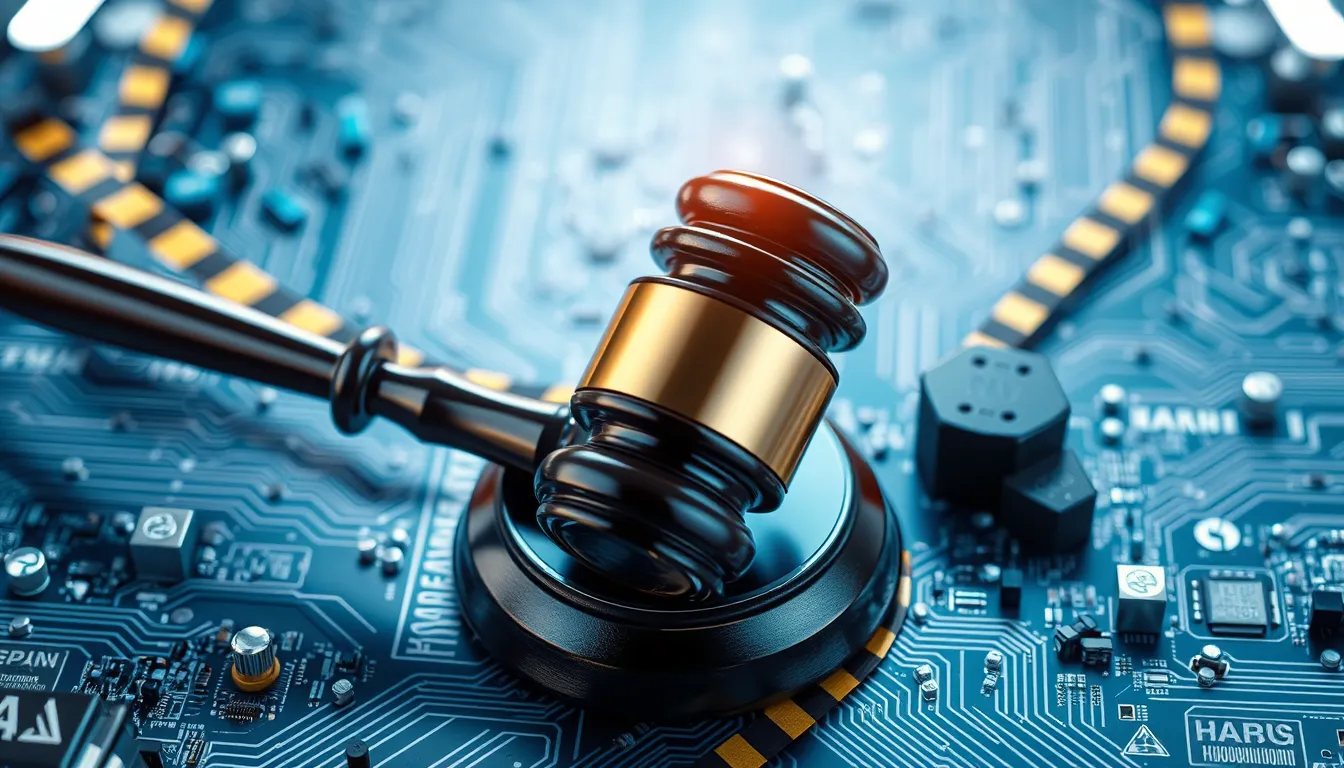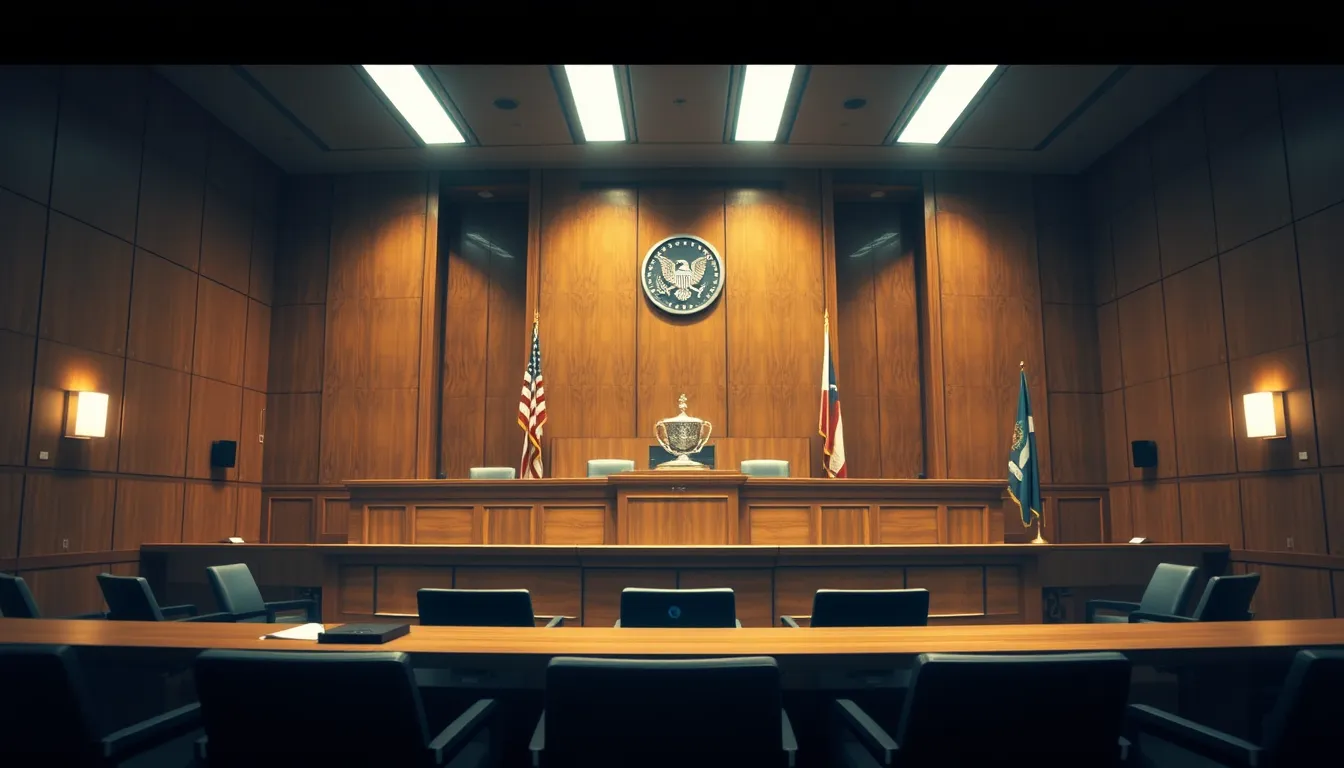Now Reading: Meta Legal Victory: Redefining AI Copyright Fair Use
-
01
Meta Legal Victory: Redefining AI Copyright Fair Use
Meta Legal Victory: Redefining AI Copyright Fair Use

Meta Legal Victory: Redefining AI Copyright Fair Use
Introduction
In a landmark decision that has captured the attention of both legal experts and technology innovators, the recent Meta legal victory is reshaping the way copyrighted material is used in training artificial intelligence models. This ruling not only underscores the evolving nature of fair use in the digital era, but also sets a precedent for balancing innovation with intellectual property rights. As industries continue to explore the boundaries of using digital content for AI training, understanding this decision has never been more critical.
The Significance of the Meta Legal Victory
The Meta legal victory marks a turning point in how courts view the transformation of copyrighted material for AI training purposes. The ruling confirms that while the use of copyrighted material may qualify as fair use under certain conditions, it is not an unlimited license. Legal boundaries still apply, and companies must navigate these guidelines carefully to avoid missteps. This decision provides clarity on several fronts:
- It highlights that automated systems can transform copyrighted works sufficiently to meet fair use criteria but only when such transformations are mindful and measured.
- It emphasizes the importance of case-by-case analysis, taking into account the nature of the material, the amount reused, and its impact on the original market.
- The ruling forces companies to rethink their data practices, ensuring that innovation does not come at the expense of intellectual property rights.
For more insights on Meta and its initiatives, visit the official Meta website at https://about.meta.com/.
Unpacking Fair Use in AI Training
Key Considerations in Fair Use
When evaluating fair use for AI systems, courts typically examine:
- Purpose and Character of the Use: Is the AI transforming the original work to create something new and beneficial?
- Nature of the Copyrighted Work: Does the work belong to a category that is more likely to be deemed fair use, such as factual or educational content?
- Amount and Substantiality: How much of the original work is being used? The more extensive the use, the less likely it is to be considered fair use.
- Effect on the Market: Does the use harm the original work’s market potential or value?
These factors underline the importance of responsible data practices in AI training, as evidenced by the outcomes of the Meta legal victory. Integrating these principles ensures that AI innovations continue to thrive while respecting the creative contributions of content creators.
Legal and Industry Implications
The implications of the Meta legal victory extend far beyond the courtroom. For technology companies, particularly those involved in AI development, this decision serves as a reminder of the legal responsibilities that come with innovation:
- It challenges companies to establish robust legal and ethical guidelines around the use of digital content.
- This precedent is expected to influence future litigation and policymaking around AI data practices and intellectual property rights.
- Content creators and artists receive an added layer of assurance that their work is protected, even as it is used to drive technological advancements.
Critics of the ruling argue that the decision might inadvertently encourage reliance on vast digital repositories without sufficient oversight. However, supporters stress that the decision reinforces the need for balance—advancing AI technology while ensuring that content creators maintain their rights.
For further reading on copyright issues, consider exploring resources on intellectual property rights available at https://creativecommons.org/.
Future Challenges and Opportunities
While the Meta legal victory provides a framework for current practices, it also highlights potential future challenges in the realm of AI and copyright law. Companies must now invest in refining their data practices and ensuring compliance with evolving legal standards. Key future challenges include:
- Navigating the gray areas of intellectual property rights in rapidly advancing AI technologies.
- Addressing public and regulatory concerns over the extent of data usage and the impact on content creators.
- Preparing for new legal interpretations that may arise from subsequent cases similar to Meta’s.
Balancing Innovation with Regulation
It is clear that the debate over fair use in AI will persist. Technology innovators must find a delicate balance between pushing the boundaries of what’s possible and respecting established legal norms. The role of these legal frameworks is not to stifle innovation but to provide a structure within which ethical and responsible advancements can occur.
Conclusion
The landmark Meta legal victory has set the stage for a new era in AI data practices, where the principles of fair use and content creator rights are given renewed focus. As this case becomes a reference point for future debates, companies, legal professionals, and policymakers must work together to ensure that innovation in AI continues responsibly. By understanding and adapting to these legal developments, the tech industry can better navigate the complexities of intellectual property rights, ensuring a fair and balanced approach to digital innovation.
In summary, the Meta legal victory serves as a crucial touchstone in the dialogue about AI and copyright. It reminds all stakeholders that while the promise of AI is vast, it must be harnessed within a framework that respects both creative contributions and the law. This decision is not merely a win for Meta; it is a beacon guiding future practices in the evolving landscape of artificial intelligence and digital content rights.

























